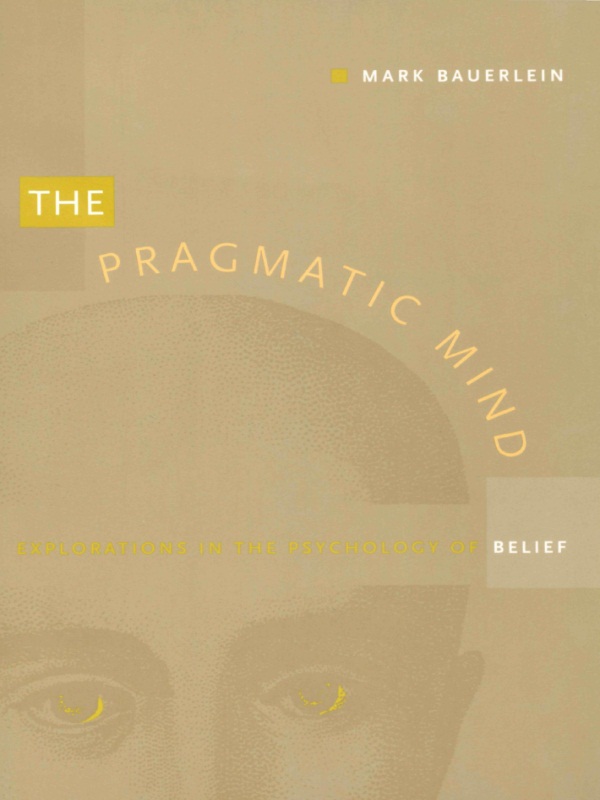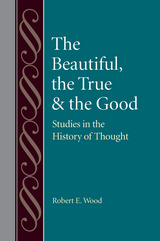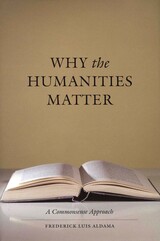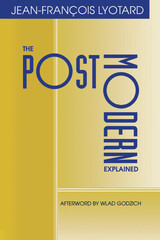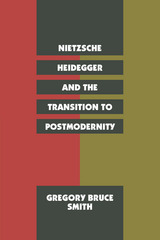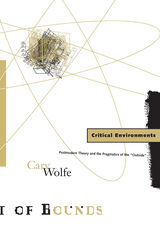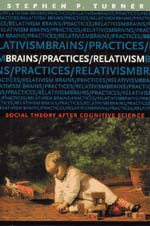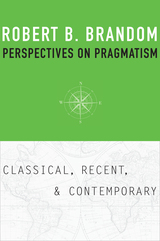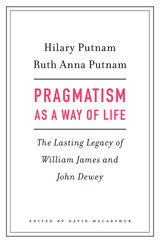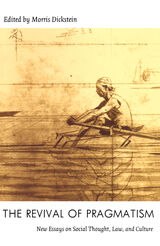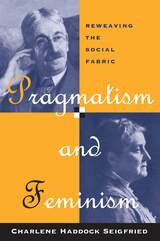The Pragmatic Mind: Explorations in the Psychology of Belief
Duke University Press, 1997
Cloth: 978-0-8223-2004-3 | eISBN: 978-0-8223-9862-2 | Paper: 978-0-8223-2013-5
Library of Congress Classification B832.B36 1997
Dewey Decimal Classification 144.30973
Cloth: 978-0-8223-2004-3 | eISBN: 978-0-8223-9862-2 | Paper: 978-0-8223-2013-5
Library of Congress Classification B832.B36 1997
Dewey Decimal Classification 144.30973
ABOUT THIS BOOK | AUTHOR BIOGRAPHY | REVIEWS | REQUEST ACCESSIBLE FILE
ABOUT THIS BOOK
The Pragmatic Mind is a study of the pragmatism of Emerson, James, and Peirce and its overlooked relevance for the neopragmatism of thinkers like Richard Rorty, Stanley Cavell, Stanley Fish, and Cornel West. Arguing that the "original" pragmatists are too-often cited casually and imprecisely as mere precursors to this contemporary group of American intellectuals, Mark Bauerlein explores the explicit consequences of the earlier group’s work for current debates among and around the neopragmatists.
Bauerlein extracts from Emerson, James, and Peirce an intellectual focus that can be used to advance the broad social and academic reforms that the new pragmatists hail. He claims that, in an effort to repudiate the phony universalism of much contemporary theory, the new generation of theorists has ignored the fact that its visions of pragmatic action are grounded in this "old" school, not just in a way of doing things but also in a way of thinking about things. In other words, despite its inclination to regard psychological questions as irrelevant, Bauerlein shows that the pragmatic method demands a pragmatic mind—that is, a concept of cognition, judgment, habit, and belief. He shows that, in fact, such a concept of mind does exist, in the work of the "old" pragmatists.
Bauerlein extracts from Emerson, James, and Peirce an intellectual focus that can be used to advance the broad social and academic reforms that the new pragmatists hail. He claims that, in an effort to repudiate the phony universalism of much contemporary theory, the new generation of theorists has ignored the fact that its visions of pragmatic action are grounded in this "old" school, not just in a way of doing things but also in a way of thinking about things. In other words, despite its inclination to regard psychological questions as irrelevant, Bauerlein shows that the pragmatic method demands a pragmatic mind—that is, a concept of cognition, judgment, habit, and belief. He shows that, in fact, such a concept of mind does exist, in the work of the "old" pragmatists.
See other books on: 1803-1882 | Emerson, Ralph Waldo | Explorations | James, William | Pragmatism
See other titles from Duke University Press
